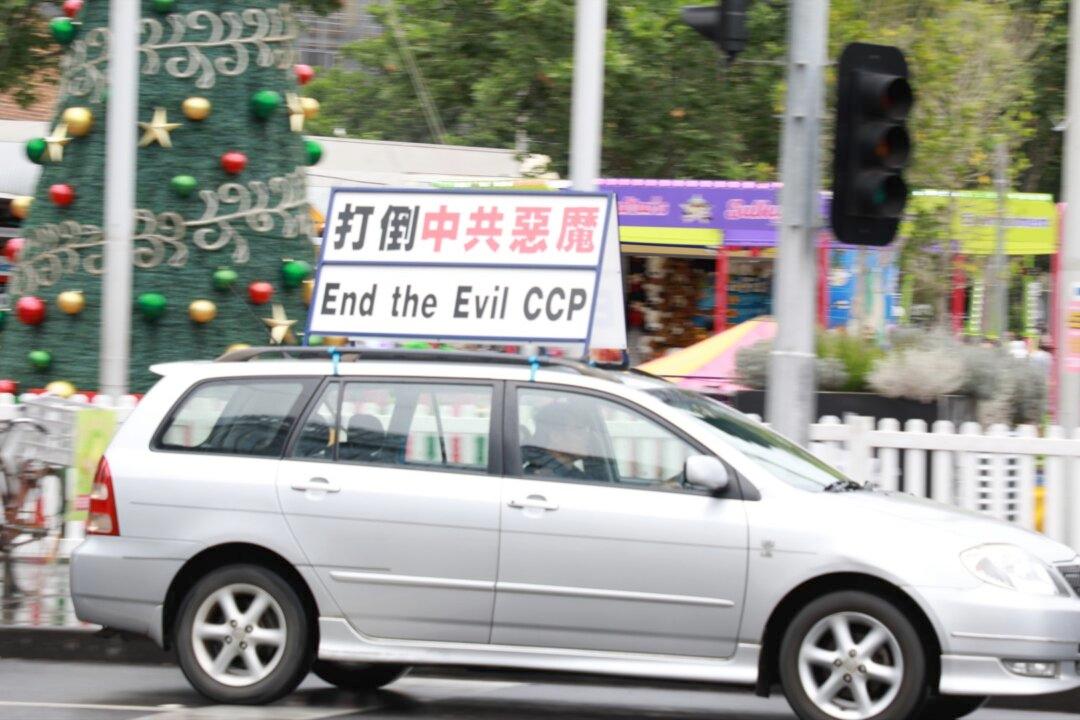Commentary
A world aflame compels a reflection on strategic priorities. The wars in Europe and the Middle East are brutal struggles and humanitarian disasters that are certain to become even worse.

A world aflame compels a reflection on strategic priorities. The wars in Europe and the Middle East are brutal struggles and humanitarian disasters that are certain to become even worse.